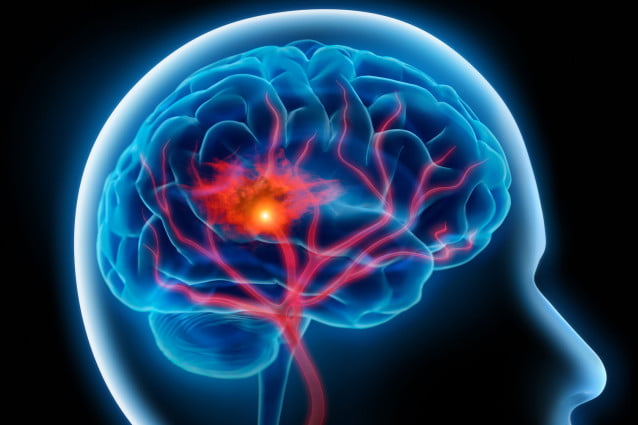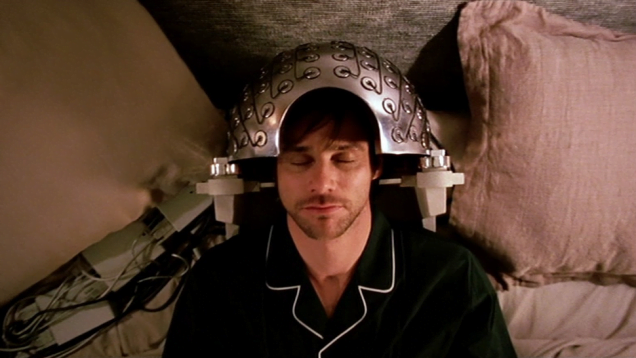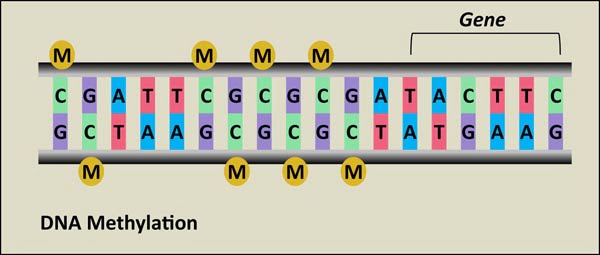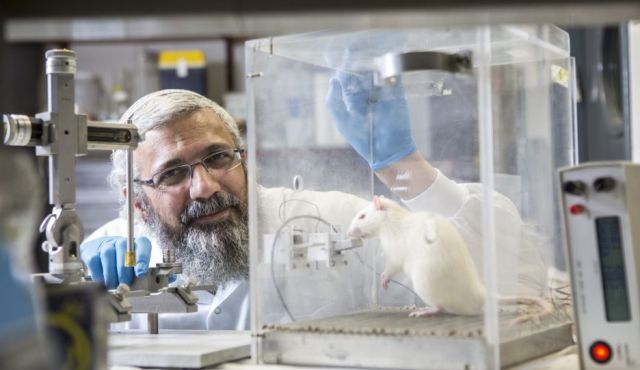“Blow”, “Charlie”, “snow” and “nose candy”. These are only some of the code names for the second most addictive drug after methamphetamine – cocaine. The white powder that’s sniffed, smoked or injected is so highly addictive, because users develop tolerance quickly, causing them to gradually increase the amounts they consume. This and other factors make cocaine addictions one of the most difficult drugs to recover from, with drastically high relapse rates.
One Israeli researcher hopes he can combat this rate of relapse by overhauling the way we do drug rehabilitation. According to Bar Ilan University Prof. Gal Yadid, drug addiction is not the reward disease that it was once believed to be, but rather a learning and memory disease that is more like post-traumatic stress disorder (PTSD) than anything else. This distinction made it clear that in order to curb addiction, something had to be dramatically changed in the brain. That’s where Yadid’s alternative method to traditional rehabilitation, called “the Incubation of Craving”, comes into play.
By identifying the changes made to our DNA during withdrawal from drugs, namely cocaine, Yadid is able to reprogram the genes responsible for triggering the addict’s strongest cravings to ensure that they won’t return. The method has undergone successful trials in rats addicted to cocaine, and if Yadid is able to show similar results in humans, traditional rehab centers and “replacement” drugs could be a thing of the past.
“Eternal Sunside” of the addicted mind
In what sounds like something out of the science-fiction movie “Eternal Sunshine of the Spotless Mind”, Yadid claims that he is able to “erase” the memory of drug addiction, thereby preventing relapse. Before jumping to any rash conclusions about what “erasing” memories may mean, we should clarify the scientific backstory.
SEE ALSO: Learning To Kick Addictions In Your Sleep With Exposure To Smelly Odors
Back in the 1950’s, a psychologist named James Olds discovered what is colloquially known as the “pleasure center” of the brain, scientifically termed the ‘nucleus accumbens’. Through images of the brain, known as PET Scans, Olds noted that a part of the pleasure center, the amygdala, lights up when stimulated by external factors dealing with particular traumatic memories that lend to addictive behavior.
With Olds in mind, Yadid, a neuropsycopharmacologist, wanted to observe what was stimulating the amygdala on a microscopic level, “We screened the entire genome and we found two things: one was that, against all logic, during drug consumption, not many genes are altered in the brain. Second, we found that when the addict is in remission, thousands of genes are changed epigenetically.” Epigenetic changes to genes are those that aren’t inherited from our families, but occur as a result of external, environmental factors, like an exposure to trauma or the ritual of taking a drug. These are actual changes to how the gene functions, which makes it clear why methods of drug replacement and reward therapy wouldn’t and shouldn’t work on the majority of drug addicts.
Yadid discovered that in order to address these epigenetic changes, special drugs needed to be administered in the amygdala at a point of heightened cravings to subdue the effect of the altered genes on the brain. He knew that the epigenetic changes in the genes, a process known as methylation, needed to be reversed, but how?
SEE ALSO: Researchers Identify Mechanism That Causes Alcoholics To Relapse
Sign up for our free weekly newsletter
Subscribe“We saw that it wasn’t just one or two genes that were changed, it was a cluster of genes that had their DNA changed, or methylated, during the remission period from the drug. That means that we would have to administer a number of drugs in order to see the changes reversed,” says Yadid. “As a frustrated neuropsychopharmacologist I said to myself, ‘Why not reset the system?’”
“Acute, robust, targeted” treatment
Right off the bat, a number of ethical questions came to mind. What if the drugs trying to reverse the methylation altered the entire genome, and therefore brain function? And what about “innocent” genes that have absolutely nothing to do with addiction? There were a number of potentially scary psychological outcomes that Yadid had to take into account. Yet following a number of trials on cocaine-addicted rats, he finally discovered the correct dosage of the demethylating drugs that could eliminate the memory of drug addiction.
“The beauty of acute, robust and targeted treatment is that you don’t change all of the genes in the brain; you only change the genes that have undergone the most dramatic epigenetic changes. Those genes are reset immediately when they meet the drug at a very specific time and according to a particular cue so that we are reprogramming the genes at the height of the craving,” says Yadid of the method, which has yet to be examined in human subjects. Though Yadid claims that this method could potentially “erase” the memory of addiction for up to 15 years, it is still uncertain how long the brain will retain the effects of the demethylating drugs. He will present the results of his study for examination by his colleagues at the annual Society for Neuroscience Conference this year.
Could rehabilitation be as simple as taking a daily supplement?
If the idea of altering genes in your brain scares you (you’re not alone in that boat), Yadid has a more “natural” way to help wean addicts off drugs. He discovered that a common, over-the-counter supplement used mostly for its anti-aging benefits called DHEA could dramatically decrease the likelihood of relapse.
Because of its anti-aging properties that seek to keep the brain fresh and on-point, Yadid found that by administering DHEA to drug addicts on a regular basis, it was possible to “replace” memories of addiction with new memories of a life a sobriety. “I observed the cognitive performance of the subjects while they took the DHEA supplement, and a year-and-a-half after they stopped taking the supplement. We saw that 60 percent wouldn’t relapse when they were taking the supplement and then only 11 percent relapsed after taking the supplement,” says Yadid. He also claims that the entire process restored confidence in the subjects, making them less compulsive and less prone to giving into the cravings.
Besides the impressive scientific progress Yadid has made in understanding the treatment of drug addiction, he is convinced that the health systems of today are mistreating drug addicts and leading them down a dangerous path of a lifetime of addiction. “It is our responsibility as a society to make sure that there is proper treatment for drug addiction. I believe that we need to change our entire perception of addiction and what it is, and initiate new approaches to a more effective and long-lasting treatment.”
Photos: Jamal Benamer/ Tomer Appelbaum
Related posts

Israeli Medical Technologies That Could Change The World

Harnessing Our Own Bodies For Side Effect-Free Weight Loss

Missing Protein Could Unlock Treatment For Aggressive Lung Cancer








Facebook comments